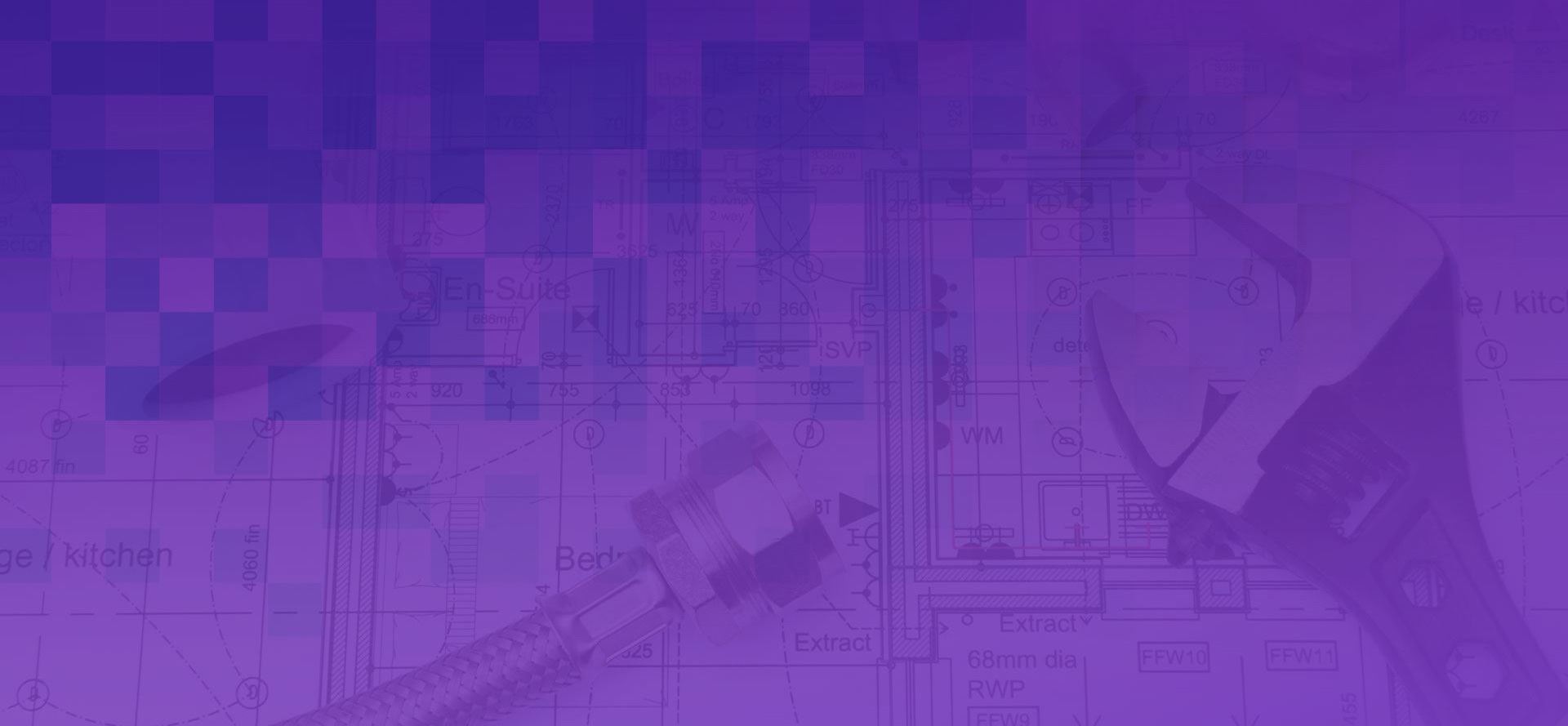After a day spent outside playing or working in the hot sun, nothing satisfies your thirst like a big glass of lemonade. However, if you aren’t using filtered water, your lemonade can have harmful substances in it that affect its taste and make it unhealthy for you to drink.
Unless you want trace amounts of pesticides, minerals, and chemicals in your beverages, on your skin, and embedded in your clothing, you should consider using water filters in your home. There are numerous types of filters that clean different things out of your water. In this article, we’ll discuss water softeners, whole house filtration systems, and UV filtration so you can decide which is best for you and your needs.
Why Should I Have a Water Softener?
If you’ve never had a water softener, you could be wondering why people choose to have them. Water’s “hardness” refers to the amount of positively charged mineral ions there are in your water. The more minerals your water has, the harder it is.
So, what’s the problem with hard water? The calcium and magnesium in hard water build-up on surfaces, including your hair and skin. Inside your water heater, hard water scales can build up so much that it makes your heater less efficient, which costs you more on your monthly energy bill.
Your bathroom plumbing can become clogged from scaling, plus it’s hard for soaps and detergents to dissolve in hard water. Over time, soap and minerals can solidify and build up in your pipes too. Inside a softener, hard water full flows through a salty brine solution where the positive calcium and magnesium ions exchange for sodium.
The result is no hard water. Soft water is gentler on your hair and skin because you don’t have to use as much soap, and it rinses off more cleanly. It’s perfectly safe to drink, except when mixing baby formula. While the sodium content is low for larger kids and adults, it’s too much for babies.
Why Should I Get a Whole House Water Filter?
There’s a good chance that you already filter your drinking water, but you should also consider filtering the water you use to shower, do laundry, and wash your dishes.
Many wastewater treatment plants use chlorine to kill bacteria in the water, but they don’t filter it back out afterward. It’s not safe for you to drink, so filtering your drinking water is very smart.
However, like hard water, it can dry out your skin and hair. Think about when you’ve gone swimming in a pool; while your home water has much less chlorine, it still affects your skin’s moisture balance.
Filtered water keeps your clothes bright, your drinkware clear, and helps extend the life of your appliances. Consider this: there are minerals, pesticides, trace amounts of industrial waste, and microorganisms in our water supply; if you wouldn’t drink it, do you really want to shower in it or wash your dishes in it?
If You Already Have a Water Filter, Do You Need a UV Filter Too?
UV water filters are incredible. Ultraviolet light waves affect the DNA and RNA of microorganisms to destroy their ability to replicate and reproduce, which makes your water safer to drink. With just a little bit of light, you can kill waterborne microorganisms like the flu, dysentery, meningitis, E. coli, and others.
The UV light does not remove heavy metals, chlorine, trace pharmaceuticals, or other particulates, so if you have murky water, you should get a carbon or sediment filter in addition to a UV filter. Maintaining UV filtration is simple and affordable; all you need to do is change the light bulb yearly. It’s also environmentally friendly because there are no chemicals.
If you have a small home, it’s easy to install UV filters at your drinking water faucets, but you can also install whole-house UV systems. If you’re ready to give yourself and your family the gift of pure water, give us a call. We’ll check out your water supply and help you pick out the best filtration system for your home.
